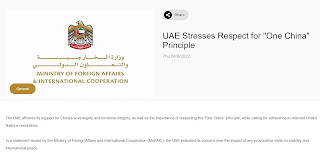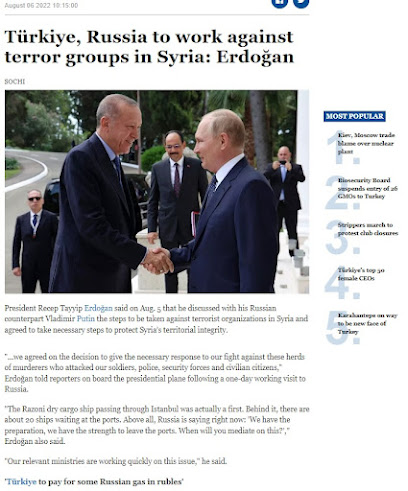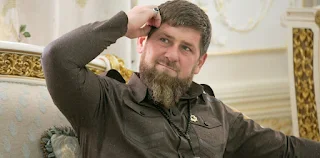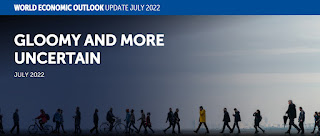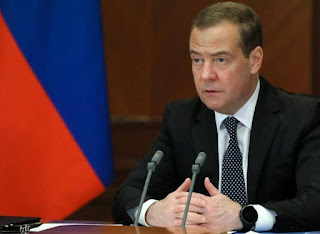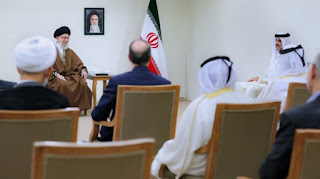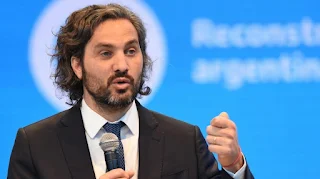
Turkish media: Erdogan and Assad may hold talks at the suggestion of Putin; US Media: Turkey builds "Bayraktar" aircraft factory in Ukraine
Turkish media revealed that President Erdogan and his Syrian counterpart, Bashar al-Assad, may hold a phone call, during the coming period, at the suggestion of Putin.
And the newspaper "Turkey" published a report, in which it was based on private sources, that Erdogan, who recently visited Sochi, Russia, exchanged views on Syria with President Putin, and the Russian President suggested that he meet Assad and Erdogan, in order to solve the problem of terrorism in Syria.
But Ankara made it clear that it is "too early" for a meeting between the two presidents, while a phone call is still possible.
The newspaper pointed out that there are diplomatic contacts from a Gulf country and an African one with Syria and Turkey, in order to arrange a meeting between Presidents Assad and Erdogan.
During their bilateral summit in Sochi, Putin and Erdogan confirmed their support for preserving the unity of Syria.
During this meeting in Sochi, Putin was accompanied by the president of the Chechen Republic, R. Kadyrov, who might be called upon to nudge Turkey further in the direction of Russia.
Erdogan announced, earlier, that his country intends to launch a military operation inside Syrian territory to combat “terrorism” and establish what he described as a “safe zone,” noting that his country “will not ask permission before launching a military operation in Syria.”
While Ankara says that its military presence in Syria aims to prevent the threat from the Kurdish factions, Damascus considers the Turkish military presence in the country an occupation and a threat to regional and international peace.
In a letter sent by the Ministry of Foreign Affairs to both United Nations Secretary-General Antonio Guterres and the Security Council, Syria protested Turkey's intention to launch a military operation inside its territory.
Last May, an official source at the Ministry of Foreign Affairs and Expatriates confirmed that "Syria's sovereignty, independence, and territorial integrity will not be the object of blackmail or bargaining by the Turkish regime."
Reacting to the latest media report about possible talks between the Syrian President Bashar al-Assad and his Turkish counterpart, Recep Tayyip Erdogan, is Syrian sources, off the record, rejected the the idea of such event happening, characterizing it as "totally incorrect."
...
Meanwhile, US media sources highlight another aspect of Turkish involment in matters of concern to Russia.
The American "Newsweek" magazine said today, Tuesday, that the Turkish company "Baykar", which produces the "Bayraktar" unmanned combat aircraft, is currently building a factory on Ukrainian soil.
The magazine quoted Ukraine's ambassador to Turkey, Vasyl Bodnar, as saying that the Turkish company had already purchased a plot of land in Ukraine and developed the station project. Bodnar added that "Baykar" intends to build the plant in fulfillment of the personal commitment of the company's owners to make this production in Ukraine.
The magazine pointed out that the Bayraktar TB2 drones were considered one of the most valuable weapons for Ukraine in the first months of the war, especially before the arrival of the American "HIMARS" missiles.
She noted that Ukraine had more than 20 unmanned aircraft produced by the "Baykar" company when the war began, and acquired them during the past two years.
Because Kyiv currently has a limited supply of these planes, and given that Russia has learned a lesson from weakness during the first phase of the war, it is unlikely that Ukrainian forces would risk losing their TB2s from unmanned aerial vehicles, by pushing them forward in areas where Russian air defenses could easily fall."
She added that "a TP2 aircraft factory can fundamentally change the situation in Ukraine," noting that the time required for the construction of the factory is still unclear.
...
Editors' Note: This story was updated to include the Syrian government's rection to the news about the phone call between the two presidents.



